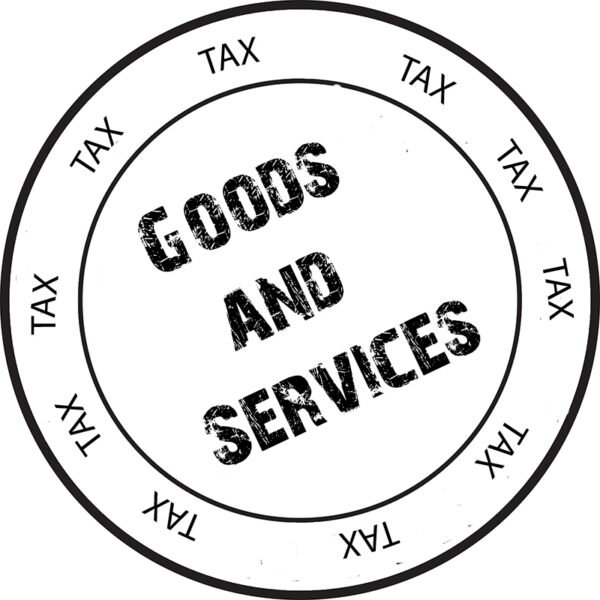What is the difference between first charge and second charge?
Charge creation means the establishment of the lender’s right over specified assets of the borrower in order to recover principal and interest in default from the borrower. The charge can be created against the same assets by more than one lender. The lender in whose favour charge is first created is called the holder of…






